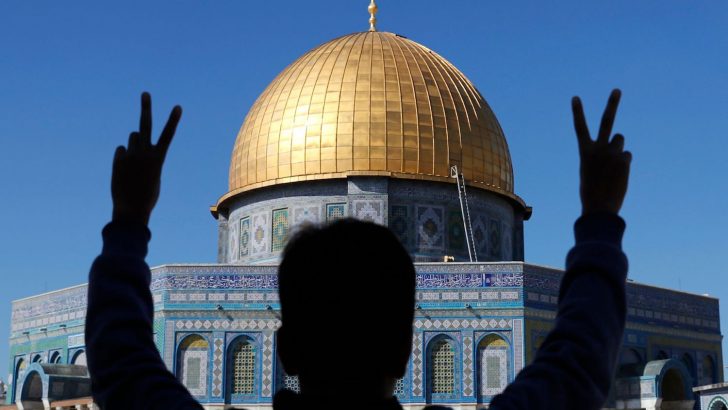Defending Hope: Dispatches from the Front Lines in Palestine and Israel
by Eoin Murray and James Mehigan (Veritas, €16.99)
Geoff Day
‘Hope is not the solution, nor the end goal: it is just the beginning’ writes Nobel Peace Prize Laureate Mairead Maguire in her introduction to this important book of essays from those at the front line of defending human rights in Palestine and Israel. Important because the Palestinians themselves consistently ask for their human stories to be told. I know this from my own experience of working as a human rights monitor in the West Bank for three months with the Ecumenical Accompaniment Programme for Palestine Israel (EAPPI) and writing regular blogs about everyday life (at https://eyewitnessblogs.com).
Eighty years on from the enforced expulsion from their homes and lands, Palestinians in the West Bank and Gaza, retain the hope that one day they will return to a more settled and peaceful way of life. It is of course a thin line between hope and despair.
What Defending Hope, edited by Eoin Murray and James Mehigan does, is to collect the human stories and relate the small victories and inches of progress which avoid the despair and keep hope alive. The short essays by writers who have lived or visited Palestine and Israel powerfully explains why Palestinians will continue to hope that they can live peacefully with their neighbours despite the occupation by a military force and settlement by Israelis in occupied land which is illegal under international law.
Images
One of the most powerful images in the book is the essay ‘Under Siege’ which describes life in Gaza and the regular demolition of property – an act which is now more regularly repeated in the West Bank.
Having lost everything in a demolition of his family home a child produces a tray of cardamom infused coffee and pitta bread with the words ‘you are guests of ours, please eat and drink’. This generosity and expression of the human spirit is in my experience repeated everywhere across the West Bank.
The current political landscape in this part of the world is bleak and those living there suffer great adversity, however, these stories provide hope that they can continue their ‘normal’ lives and human rights defenders can assist them in small but significant ways – through the law courts to keep property from being demolished, maintaining a presence to avoid olive groves being damaged by settlers, or working alongside sympathetic Israelis who feel able to challenge their own people to desist from making life even harder for Palestinians.
This book also pictorially shows how Palestinians live with the everyday trappings of occupation – the wall and the checkpoints, the encroachment of illegal Israeli settlements and the unnecessary destruction of olive trees.
The most moving picture of a Palestinian woman embracing an olive tree after it was destroyed by settlers.
The brave Palestinians and Israelis who stand for nonviolence, peace and compassion united by common goals to restore that traditional peace and friendship, to highlight the injustice of the last 80 years and to seek small but significant gains against often over whelming odds.
If you know little about this ongoing struggle for justice this book will help you to understand. It focuses on the lives of those who live in Palestine.
They are not terrorists or seeking to use violence against their occupiers, rather they are looking for the same human rights and dignity that we expect of ourselves and our neighbours, the right to go to work, to provide for our families and to go unhindered about our lives.
Geoff Day recently returned from three months in the West Bank of occupied Palestine with the Ecumenical Accompaniment Programme Palestine Israel www.eappi.org.



